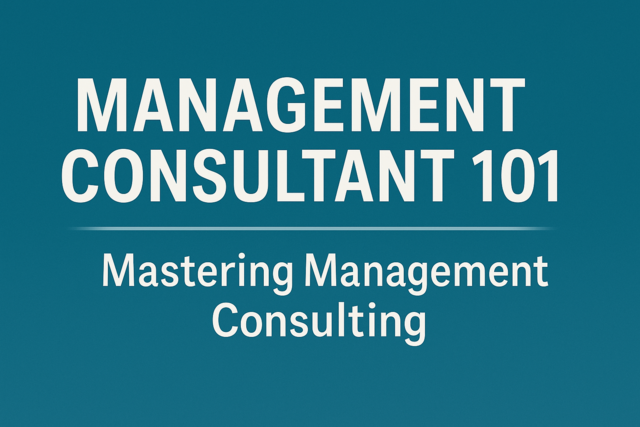Business Writing
Craft Clear, Compelling, and Confident Business Communication

11 Hours average completion time
1.1 CEUs
19 Lessons
41 Exams & Assignments
170 Discussions
19 Videos
22 Reference Files
188 Articles
Mobile Friendly
Last Updated January 2026
In an era where global collaboration and instant communication dominate the business world, the ability to convey one's ideas and intentions clearly and professionally becomes a non-negotiable asset. After all, in a realm where your written word often makes the first impression long before you do, who would willingly risk their professional stature due to poor writing? The stakes are even higher when you consider the potential of jeopardizing your company's credibility with less than impeccable communications to customers and stakeholders.
Introducing our comprehensive course on business communication, meticulously designed to transform your written communications from ordinary to exceptional. Delve into the intricacies of professional writing, from the foundational rules of grammar to the subtleties of tone and nuance.
For instance, have you ever paused, pondering whether 'affect' or 'effect' is suitable for a particular sentence? Or stumbled over the distinctions between 'except' and 'accept'? Such common dilemmas, though seemingly trivial, can significantly impact the perceived quality of your writing. Through detailed examples and thorough explanations, we'll navigate these linguistic intricacies, ensuring you not only learn but master them.
Our course doesn't just equip you with the knowledge; it offers an insight into the psyche of your readers. Understanding your audience is paramount; recognizing their expectations, preferences, and reservations enables you to craft messages that resonate and elicit desired responses.
Dive into a detailed curriculum, structured to provide holistic training:
- Lesson 1: The High Cost of Poor Writing: Realizing its Impact on Business.
- Lesson 2: Foundations of Business Writing: Setting the Stage for Excellence.
- Lesson 3: Crafting Messages with the Reader in Mind: Building Accessibility and Relevance.
- Lesson 4: The Pillars of Grammar: Spelling and Punctuation.
- Lesson 5: Striking the Right Chord: Determining and Maintaining Tone.
- Lesson 6: Navigating the Minefield: Avoiding Discriminatory Language.
- Lessons 7-9: Writing with Purpose: Specialized Business Communications from Letters to Memos.
- Lessons 10-12: The Digital Age Correspondence: Crafting Perfect Emails with Etiquette.
- Lessons 13 & 14: Making First Impressions Count: Resumes and Application Letters.
- Lesson 15: The Final Touch: Proofreading and Editing Techniques.
- Lessons 16-18: Principles and Advanced Concepts: A Deep Dive into Writing Rules and Punctuation.
- Lesson 19: Beyond the Course: Additional Writing Resources.
Ideal for a diverse audience, from budding professionals like assistants and secretaries to seasoned veterans like executives and senior managers, this course promises a significant enhancement in your communication skills, irrespective of your current proficiency level.
To sum it up, as professionals, we owe it to ourselves and our organizations to communicate with precision, clarity, and elegance. Our course stands as a testament to the idea that the art of effective business communication, while intricate, can be mastered with the right guidance. Join us on this enlightening journey, and watch as every word you pen thereafter carries the weight and grace of a seasoned professional.
- Editing and proofreading mastery
- Clear and concise communication
- Structured business documents
- Audience-focused messaging
- Precision in tone and language
- Professional email crafting
- Cultural sensitivity in writing
- Personal branding through documents
- Grammar and punctuation proficiency
-

Community Development 101
-

Call Center Customer Service
-

Management Consultant 101
-

How to Run an Effective Help Desk
-

Collaboration Skills
-

Basic Writing Skills Level 3
-

Call Center Management
-

Interview Skills
-

Mindfulness in the Workplace
-

How to Deal with Difficult Personalities
-

How to Write Case Studies
-

Customer Relationship Management
-

Telephone Skills and Quality Customer Service
-

Workplace Drug Use - An HR Guide
-

Resolving Workplace Conflict
-

Virtual Selling: How to Build Great Sales Relationships
-

Negotiation Skills
-

Social Media Marketing: An Introduction
-

Preventing Workplace Harassment
-

How to Write Effective Policies and Procedures
-

Writing Effective Emails in the Workplace
-

General Secretary
